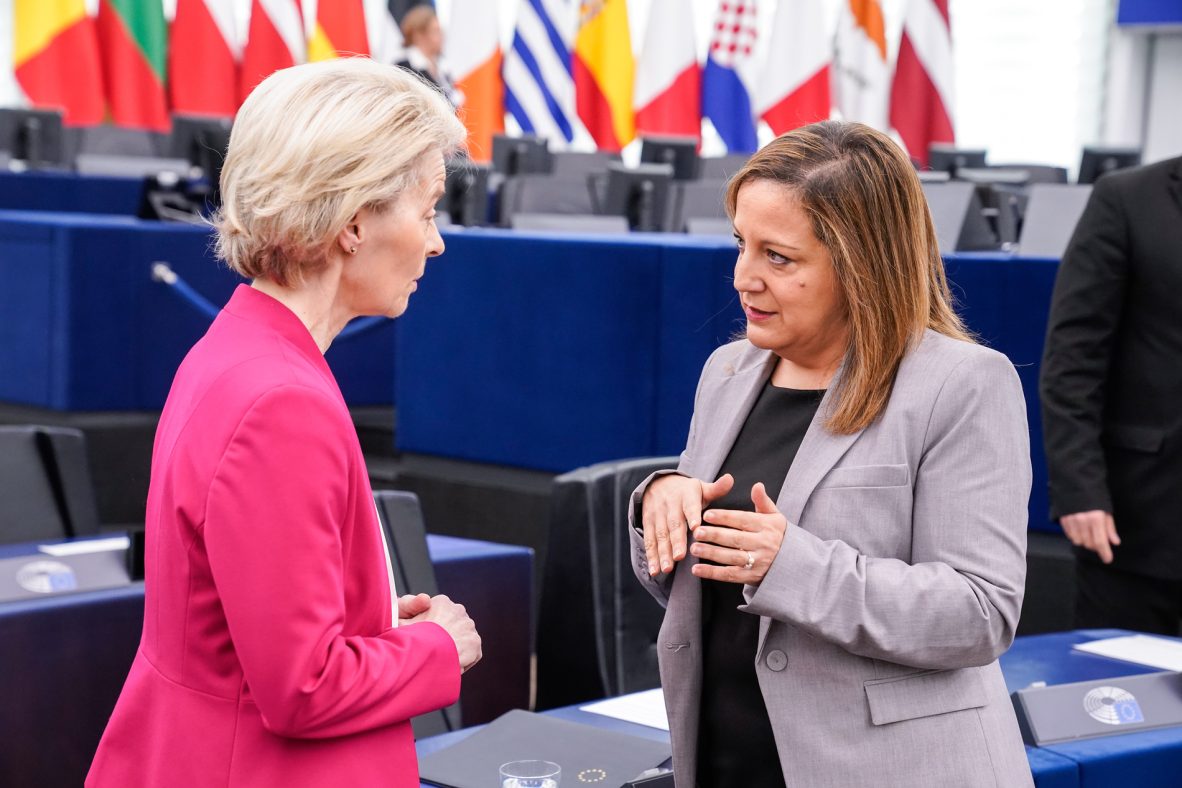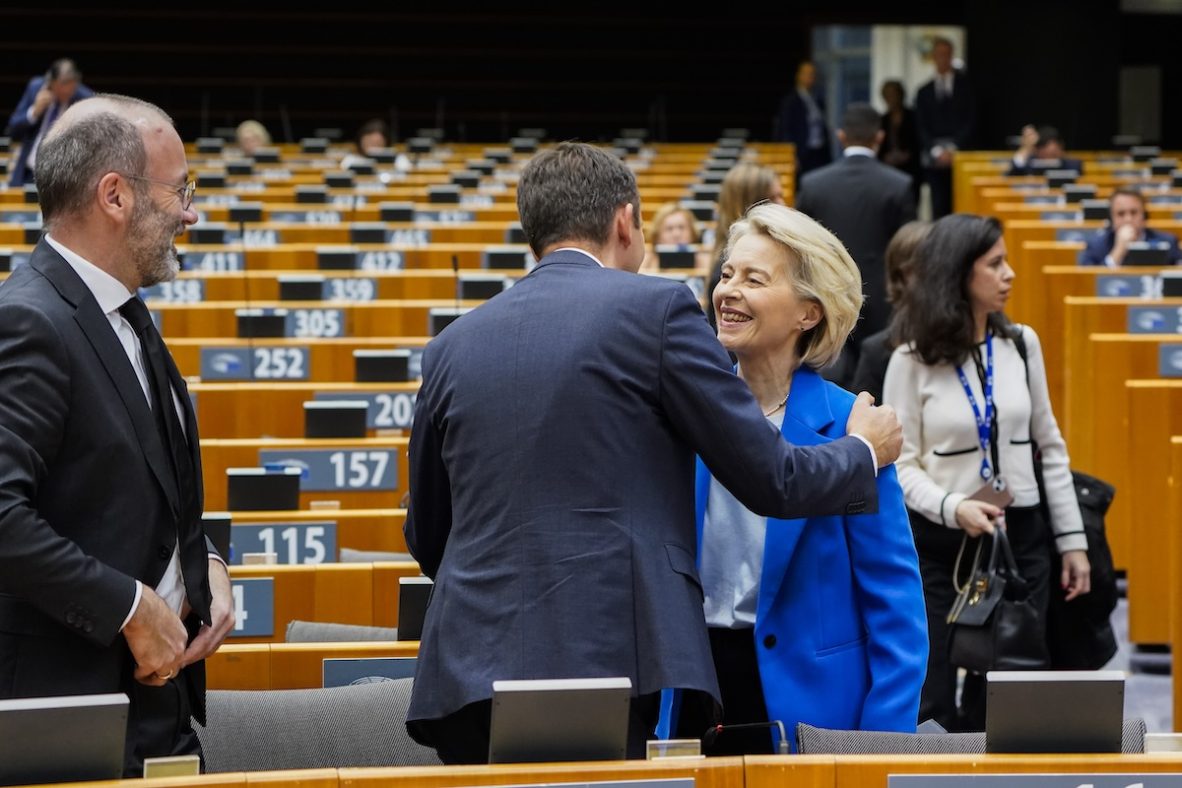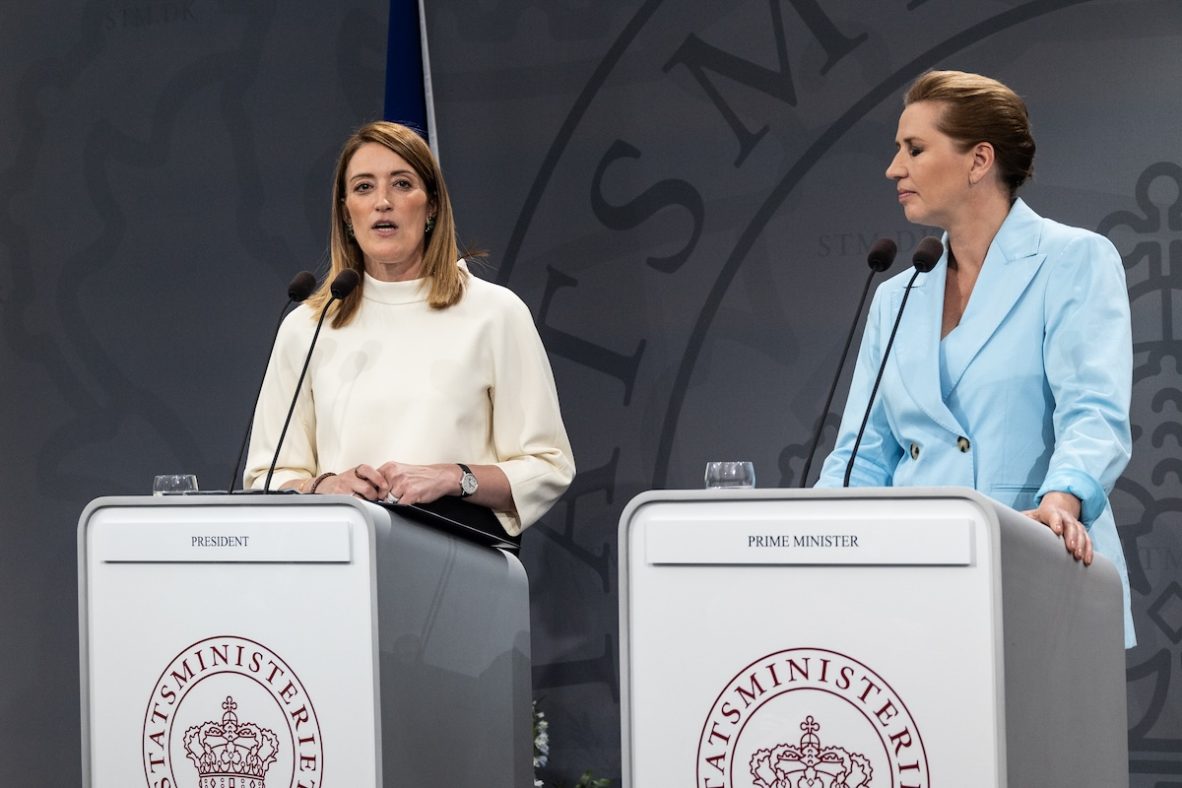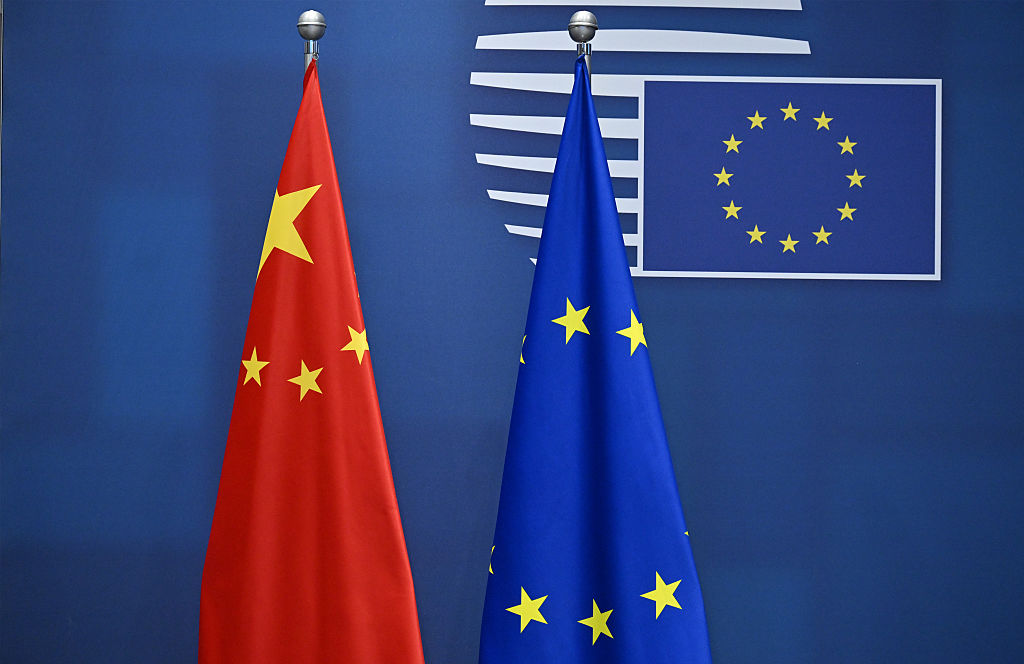Von der Leyen’s parliamentary majority crumbles amid rejected red tape cuts
MEPs’ refusal to water down green law flies in face of pressure from EU leaders

Socialist MEPs rebelled against a move to water down green supply chain rules on Wednesday, driving the political coalition backing European Commission President Ursula von der Leyen to the brink of crumbling.
Von der Leyen and EU governments have pressured the European Parliament to expedite a series of deregulation measures, arguing they are urgently needed to unleash business and bolster a sluggish economy.
However, centre-left MEPs voted against the supply chain regulation overhaul, exposing how fractured and unpredictable the Parliament’s political centre – already squeezed by a larger far-right caucus – has become.
The three largest groups, including von der Leyen’s own centre-right European People’s Party (EPP), had already reached a compromise to gut the due diligence law ahead of the vote.
However, the Parliament, in a secret ballot on Wednesday, narrowly voted it down, sending shockwaves back to Brussels, where EU leaders are expected to call for even more and faster red-tape slashing at a summit in Brussels on Thursday.
EU lawmakers reject deal to simplify sustainability rules in major upset
Just nine votes blocked a deal between the EU centre-right, liberal, and centre-left parties on…
2 minutes

The recriminations immediately began in Strasbourg. “It is up to the S&D to clarify how they see this outcome and how they see their relationship with the platform parties,” said centre-right negotiator MEP Jörgen Warborn on Wednesday, flanked by Parliament President Roberta Metsola.
Evelyn Regner, a Socialist lawmaker, said the result prevented the law from becoming an “empty shell.” However, her position opposed that of her own group leader, Iratxe García, who had reluctantly backed the compromise with the EPP.
The far-right had pushed for the vote in Strasbourg to be held by secret ballot, hoping that it would drive a wedge between the two biggest parliamentary groups, the centre-right EPP and the centre-left socialists.
The ploy worked, with Warborn suggesting the socialists’ defection calls into question the so-called “platform deal,” a bare minimum cooperation agreement struck between socialists, liberal Renew, and the centre-right to work together for the 2024 to 2029 period.
Metsola sought to strike a more moderate tone. “Majorities are always stronger when [they come] from the centre out,” she told reporters.
Pascal Canfin, a French Renew MEP who speaks for his liberal group on environmental issues, said he deeply regretted the vote.
“I deplore that [the deal] was not respected by all,” Canfin said. “When I see the far-right members being so happy… I have doubts on the strategy from the left part of the hemicycle.”
Stefano Porciello contributed reporting.
(cm, mm)









